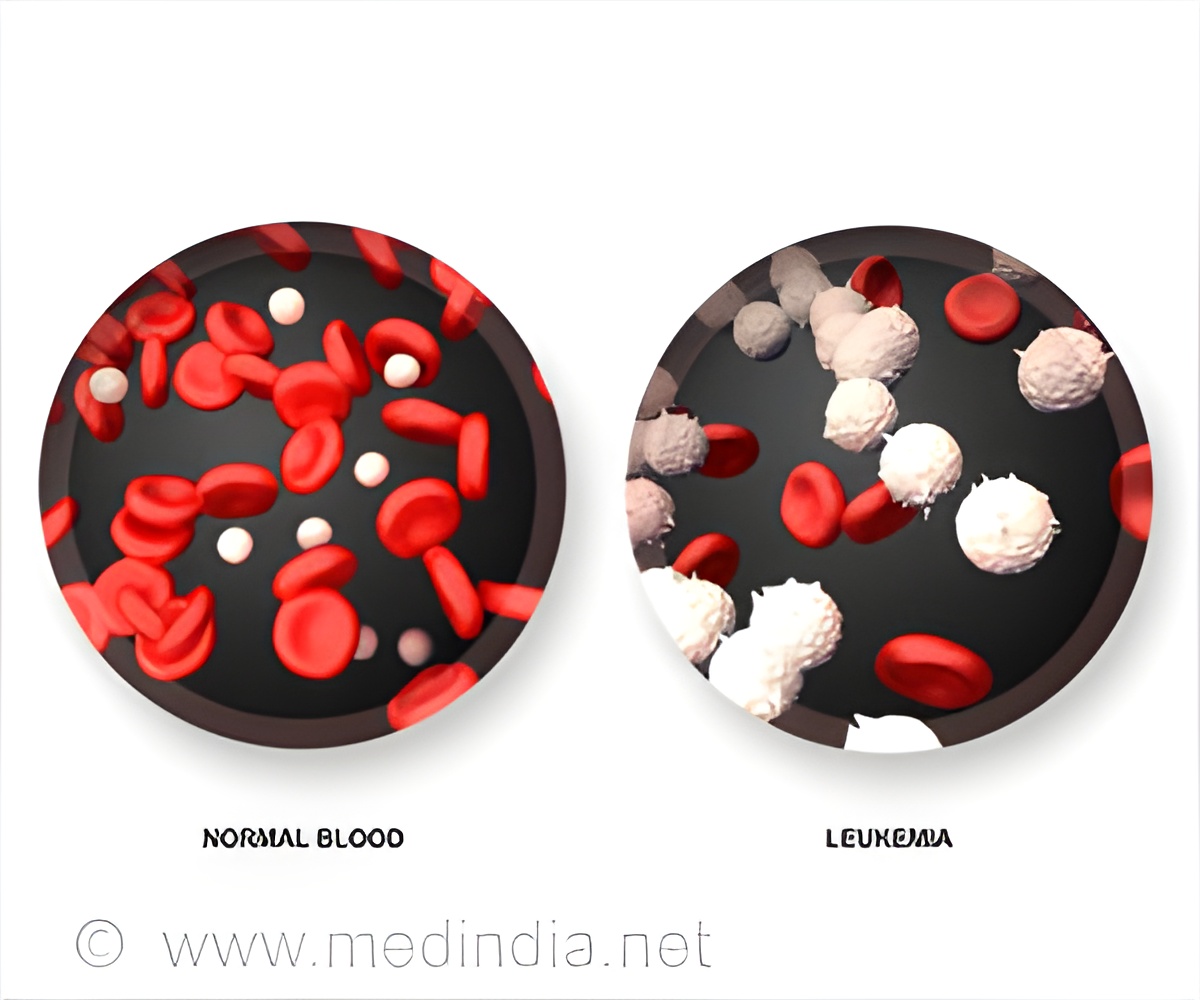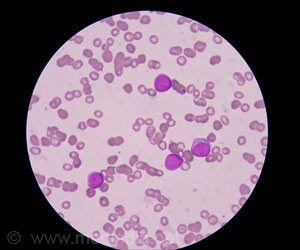
‘The protein discovery could lead to novel treatments that efficiently eliminate blood cancer cells in acute myeloid leukaemia (AML), without harming healthy blood cells.’
Tweet it Now
A team of researchers jointly led by the University of Edinburgh and Queen Mary University of London carried out a series of experiments to understand the role of YTHDF2 in blood cancer. Tests in blood samples donated by leukaemia patients showed that the protein is abundant in cancer cells, while experiments in mice found that the protein is required to initiate and maintain the disease.
Further tests enabled scientists to determine the biological pathway by which interfering with the function of YTHDF2 selectively kills blood cancer cells.
Importantly, they also showed that the protein is not needed to support the function of healthy blood stem cells, which are responsible for the production of all normal blood cells. In fact, blood stem cells were even more active in the absence of YTHDF2.
The study, carried out in collaboration with the University of Manchester, Harvard Medical School and the Université de Tours, was published in Cell Stem Cell. It was supported by Cancer Research UK and Wellcome.
Advertisement
Professor Dónal O'Carroll, of the University of Edinburgh's School of Biological Sciences, who co-led the research, said: "The study shows the promise of a novel class of drugs as the basis for cancer and regenerative medicine treatments."
Advertisement















